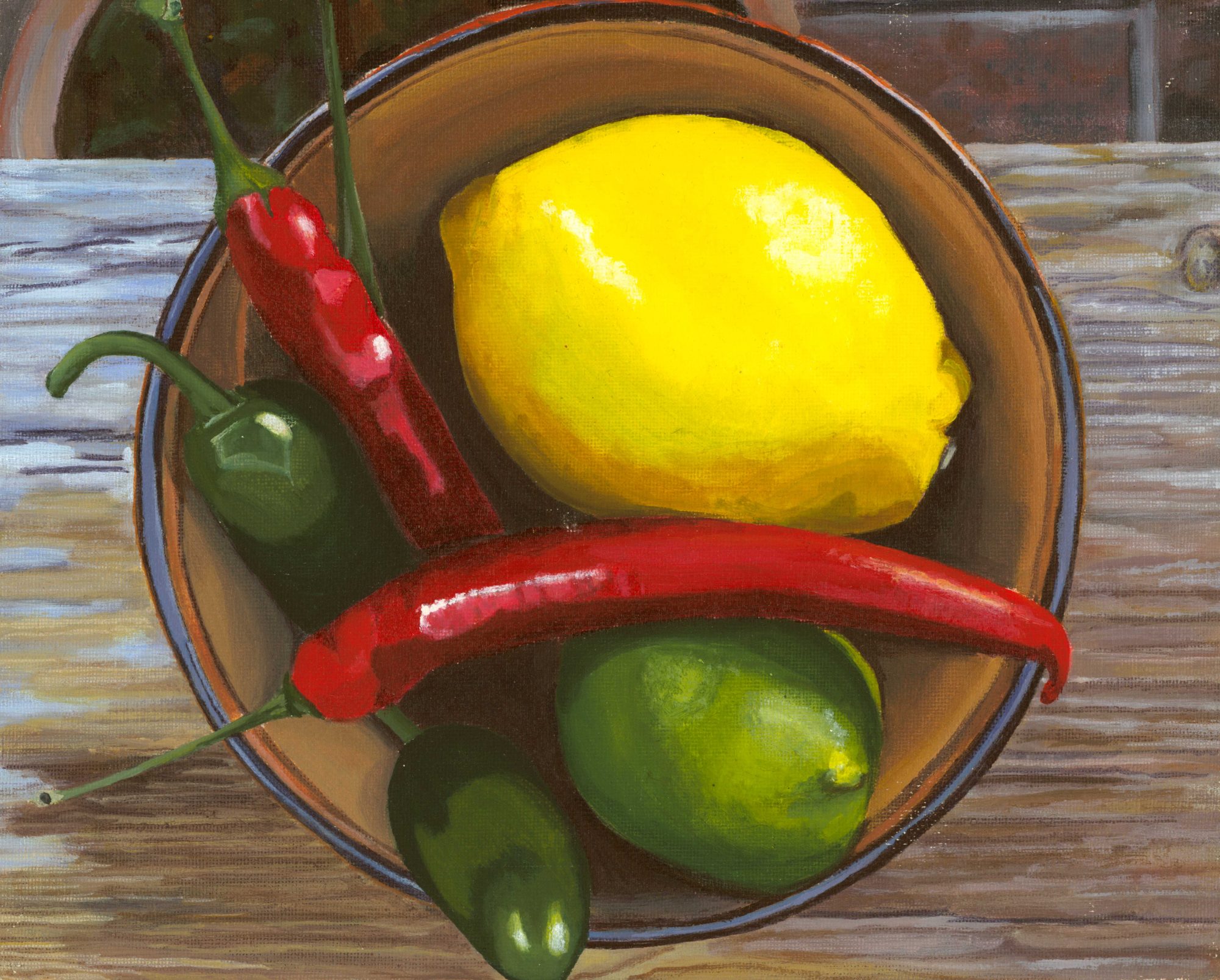In printmaking, when you talk about registration what you mean is being able, by various means, to put your inked surface and your substrate (usually paper) together in exactly the same position a number of times. Usually this is because you want to print multiple colours or tones.
It’s one of the difficult things about printmaking (along with visualising in reverse, colour layering and not stabbing your own hands with honed steel blades), and I have grappled with it for years. I’m practically allergic to straight lines anyway, which in painting is never much of a problem if you have enough masking tape. In printing, where you work upside down and back to front and effectively blind once the paper goes down, if you can’t line things up straight in advance a lot of attempts are going in the bin.
It’s a problem as old as multicolour printing (of which there are examples from China in three colours dated to before 220AD) and so there are a whole range of techniques and set ups which you can use to register correctly. I have tried a few and never had much luck, managing only two or three colours and with only a handful of not-especially accurate prints to show for it. Even after I’d mostly managed to get my head around the other problems (and got a big box of plasters), registration remained the hardest nut to crack.
But then someone recommended Ternes Burton pins, a pair of thin steel plates with flat-topped studs, designed to hold old celluloid animation cells in place, and they work like a charm. Although it does mean extra time preparing paper before I can start printing (you have to get each sheet set up with little plastic tabs that fit over the pins) and it’s not always easy to get the tabs off afterwards without tearing the paper, you very quickly forget that registration could ever be a problem. The paper just goes right where you want it, time after time. Six colour layers into a print edition where I’d normally have expected to toss out half of them along the way, only two are on the scrapheap, one because a mask slipped and the ink went in the wrong place and the other because it fell down on the floor when the ink was wet and got clogged with dust. Those few pounds worth of metal and plastic are better than magic, better than skill: something that works.
